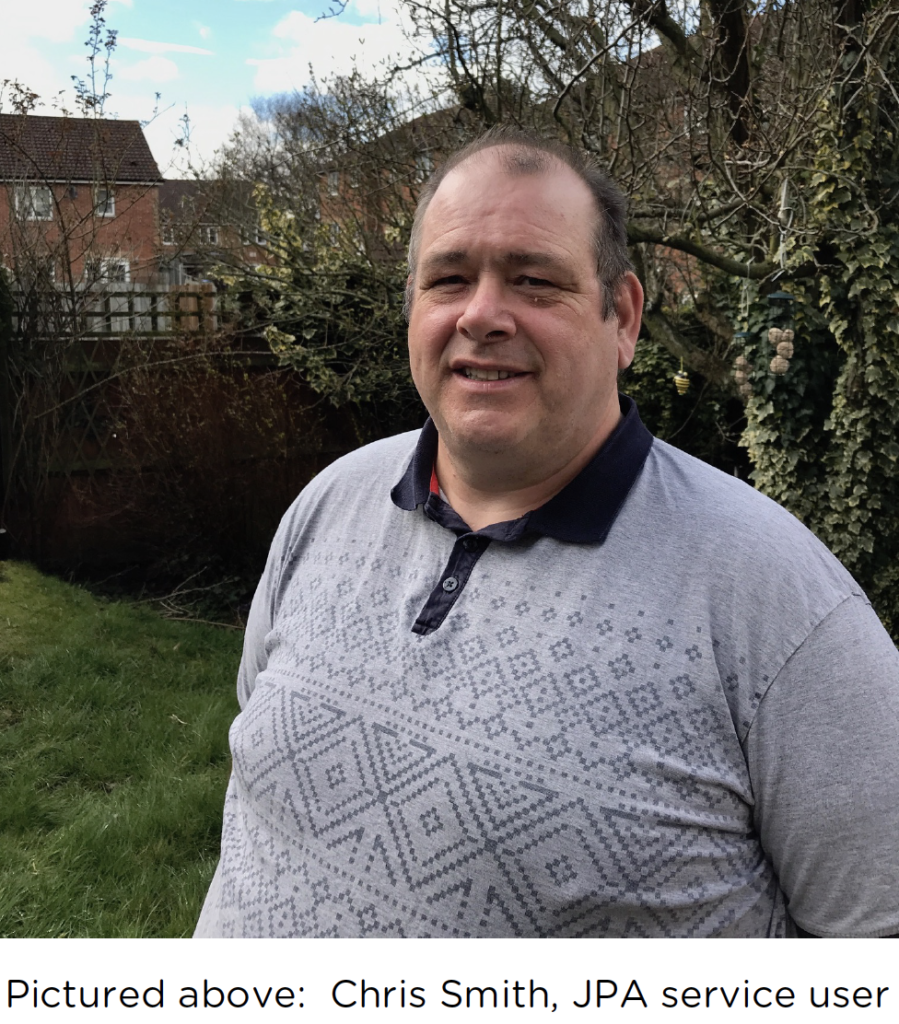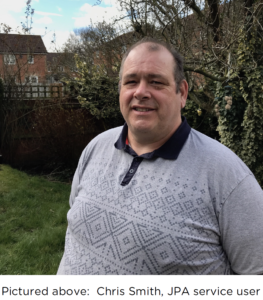Community health trainers are tackling high cost of chronic joint pain in innovative new programme
July 5, 2018New study shows community health trainers are tackling high cost of chronic joint pain
New study shows NICE approved new chronic joint pain intervention could be rolled out across the country through community health trainers.
An intervention that relieves chronic joint pain, called Joint Pain Advisor, has been successfully piloted with community health trainers in south London in a project that reduces pressure on GPs and has the potential to improve the lives of millions of people living in pain.
Musculoskeletal (MSK) pain, which includes chronic knee, hip and back pain, has a major impact on individuals and society. It is the second most common reason for GP visits, accounts for around 25% of all GP consultations and is estimated that 9.3 million working days are lost in the UK to MSK problems.
The Joint Pain Advisor model of care is a safe and cost effective alternative to GP consultations. Involving a series of face-to-face consultations, advisors work collaboratively with people with hip and/or knee osteoarthritis and/or back pain, focusing on supporting self-management. This model has been previously delivered by physiotherapists as Advisors but this new, small-scale study trained health trainers to deliver the advice in the community.
The study has shown that using community health trainers to deliver the Joint Pain Advisor model is effective. Many participants of the study said that their pain was dramatically reduced and movement had returned. They reported taking fewer pain-killers as well as increased mobility and weight loss.
The finding is significant because extending the model to community health trainers could result in much faster growth and mean that many more people can benefit from the service. There are around 3,000 community health trainers at present, who currently provide lifestyle advice on issues such as smoking cessation, weight management and healthy eating. Extending the programme to these trainers could mean that thousands more people are able to live in less pain.
Health Innovation Network Clinical Director Professor Mike Hurley said:
“The Joint Pain Advisor approach allows many more people with joint pain to benefit from NICE advice. Our service enables patients to help themselves live better lives – in less pain, able to do more, with a better quality of life.
This new study is small scale but extremely promising. Not only do we know that the Joint Pain Advisor service works to empower people to manage their pain, but through using the thousands of community health trainers up and down the country we can spread this innovation rapidly and help many more people.
With GPs under so much pressure and the countless working days lost to chronic joint pain, our programme could provide both economic and health and care benefits to the NHS.”
To date over 500 patients have used the service with physiotherapists in a previous pilot in Lewisham, south London, and they reported less pain, better function and higher activity levels. A high satisfaction rate was achieved which included reduced BMI, body weight and waist circumference and has led to fewer GP consultations, investigations and onward referrals. For every £1 spent on the programme there is a saving to the health and social care system of up to £4, according a Social Return on Investment (SROI) analysis.
The programme consists of up to four 30-minute face-to-face consultations between the advisors and people with hip or knee osteoarthritis (OA) or back pain. Patients attend an assessment where they discuss their lifestyle, challenges and personal goals and then jointly develop a personalised care plan that gives tailored advice and support based on National Institute for Health and Care Excellence (NICE) guidelines for the management of OA. They are then invited to attend reviews after three weeks, six weeks and six months to access further tailored support and advice.
Patients involved in the pilot said:
“Before I came, I used to have a lot of pain. Now I can do more walking. It’s helped me.”
“The pains eased, because I’ve strengthened my knees.”
“I’ve stopped taking painkillers because my hip has stopped hurting.”
In the latest study, 10 health trainers were trained as Joint Pain Advisors (JPAs) by the Health Innovation Network and offered the service across six community sites across Greenwich. It involved 85 participants between March 2017 and January this year.
Joint Pain Advisors are currently available in Shropshire and Merton, with plans for Croydon, Bromley and Cornwall to launch Summer 2018.
Download full report Joint Pain Advisor – Greenwich



